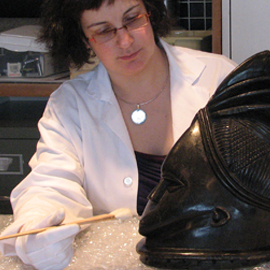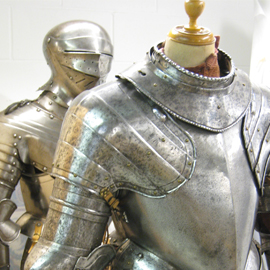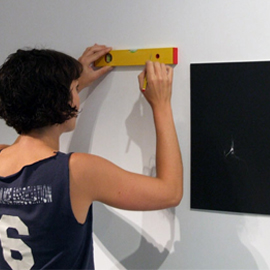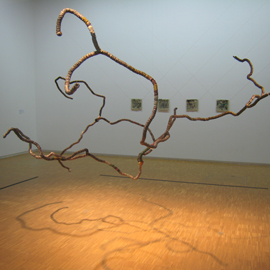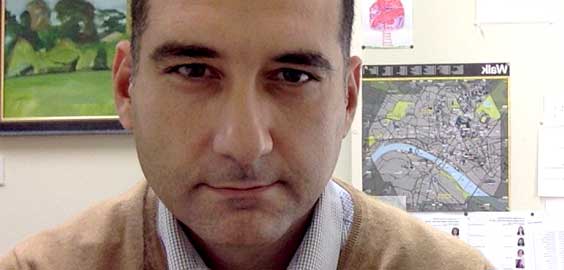As a Preventive Conservator you will be responsible for minimising the deterioration of artefacts in your care. In order to do so with confidence and competence you need to understand the physical and chemical characteristics of the materials from which the artefacts have been made as well as the factors that can impact on their condition.
You will be introduced to the changes that can occur over time in different materials found in museum collections. These will include paper, paintings, metals, wood, leather, ceramics, natural history specimens, wood and textiles. You will be shown images of the material in good condition followed by images of the characteristic types of degradation that can occur. A description of the physical changes that have taken place will be provided alongside the factors that have contributed to the change. The science will be used to explain the chemical changes that have taken place resulting in the degradation characteristics.
The factors that contribute to changes in materials will be considered including: those inherent to the materials, the impact of ancillary materials, relative humidity and temperature, the quality and quantity of light, insects, atmospheric pollutants, climate change, seismic activity and fire. In addition, you will be introduced to approaches to environmental management, mitigation and monitoring that can reduce the impact of environmental factors on materials including: risk assessment, museum design, display, storage, transit, integrated pest management and emergency preparedness, response and recovery as well as approaches to data collection and interpretation,
What you will learn during this module will be challenging, exciting and fundamental to your future professional practice.
More information
 Option for Placement Year
Option for Placement Year Option for Study Abroad
Option for Study Abroad

